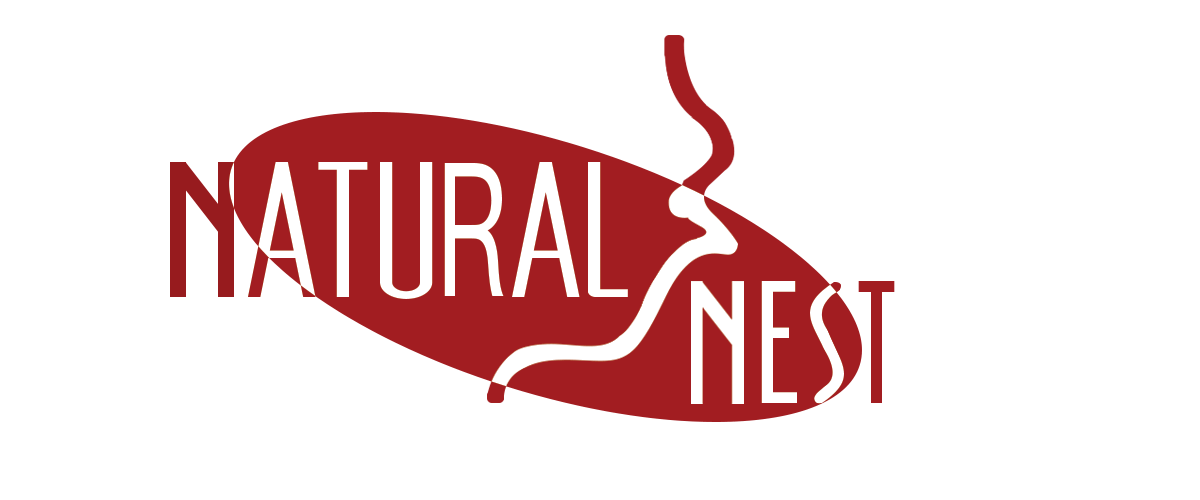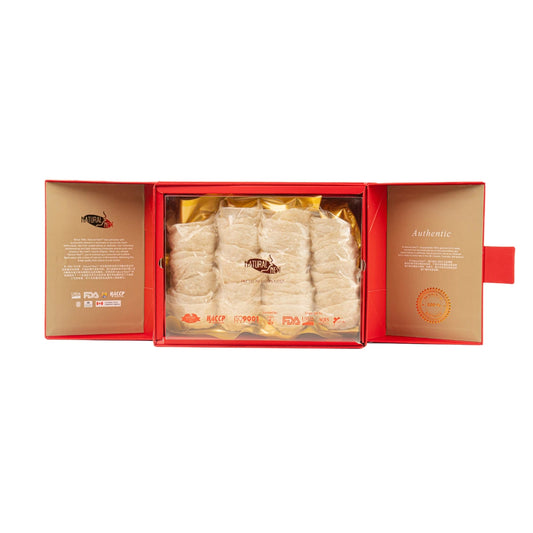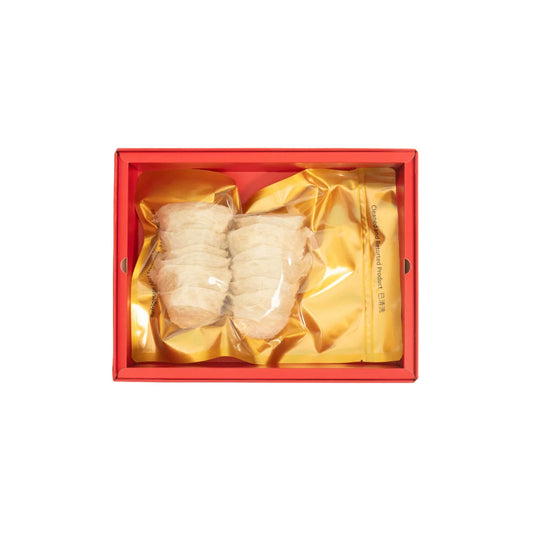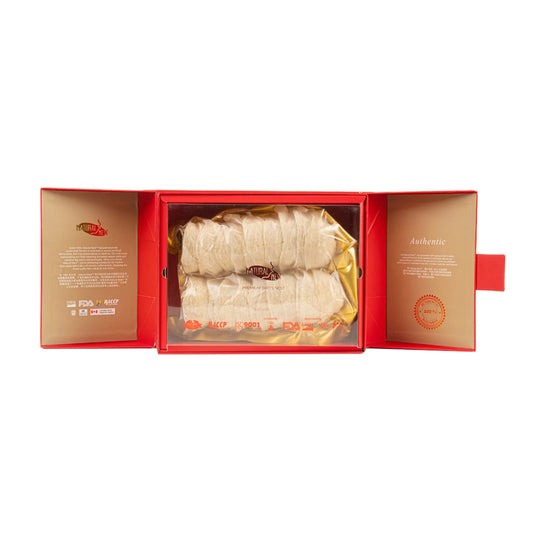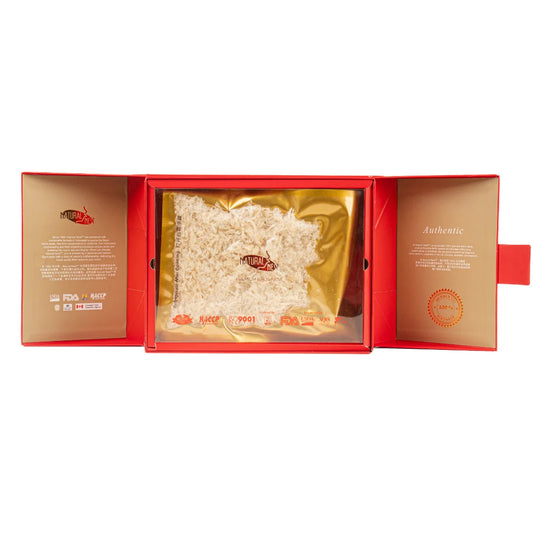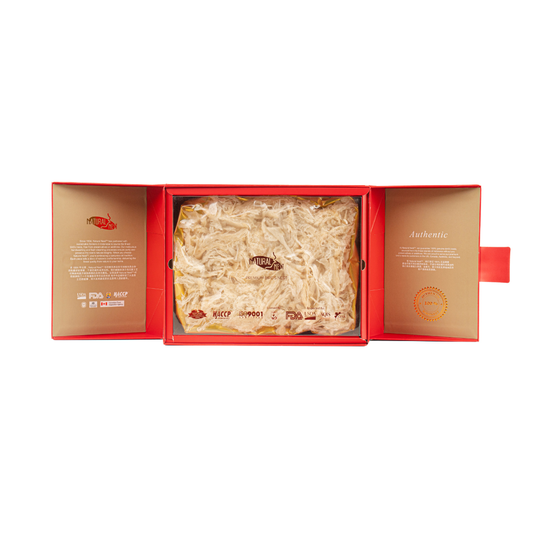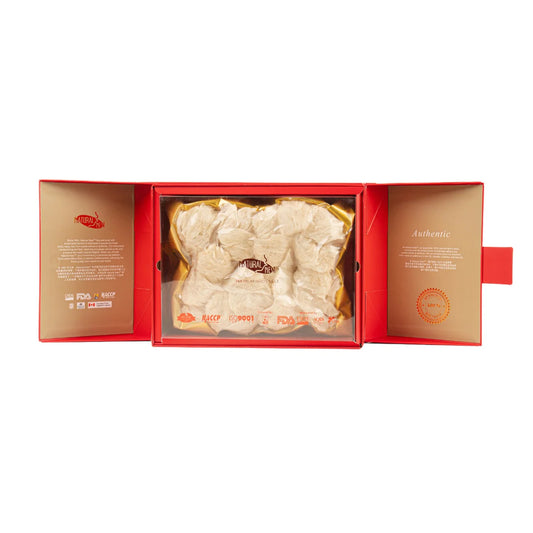Pregnancy is a critical time for both the mother and the baby, requiring optimal nutrition to support growth, development, and overall health. Edible bird nests, known for their high nutritional value, are an excellent addition to a pregnancy diet. Rich in essential nutrients and bioactive compounds, they offer numerous benefits for expectant mothers and their developing babies. Here’s why bird nests should be part of a healthy pregnancy routine.
1. Boosts Immunity During pregnancy, a woman’s immune system undergoes changes to accommodate the growing baby, often making her more susceptible to infections. Bird nests are rich in glycoproteins and sialic acid, which enhance the body’s immune response. Consuming bird nests regularly can help strengthen immunity, protecting both mother and baby from illnesses.
2. Promotes Healthy Fetal Development Bird nests are a natural source of essential amino acids, minerals, and trace elements that contribute to fetal growth. These nutrients play a vital role in the development of the baby’s organs, bones, and nervous system. The high content of glycoproteins in bird nests also supports cellular growth and tissue repair, ensuring the baby’s development progresses smoothly.
3. Enhances Skin Health Pregnancy often brings about hormonal changes that can affect a mother’s skin, causing issues like dryness, pigmentation, or stretch marks. Bird nests contain epidermal growth factor (EGF), which promotes skin regeneration and elasticity. This helps maintain the mother’s skin health during pregnancy and aids in reducing the appearance of stretch marks.
4. Improves Energy Levels The physical and emotional demands of pregnancy can leave mothers feeling fatigued. Bird nests’ high protein content and natural energy-boosting properties help combat fatigue and enhance stamina. They provide sustained energy, ensuring expectant mothers can meet the challenges of pregnancy with vitality.
5. Aids in Postpartum Recovery Consuming bird nests during pregnancy can also prepare the body for a faster recovery after childbirth. The nutrients in bird nests promote wound healing, replenish lost nutrients, and restore energy levels, making them an excellent postnatal tonic as well.
6. Gentle on Digestion Digestive issues such as bloating, nausea, and constipation are common during pregnancy. Bird nests are easily digestible and gentle on the stomach, making them suitable for mothers who experience sensitivity to certain foods. Their soothing properties can also help alleviate digestive discomfort.
How to Incorporate Bird Nests During Pregnancy Bird nests can be consumed in various forms, including soups, teas, and desserts. A traditional preparation involves simmering bird nests with rock sugar, creating a nourishing and mildly sweet dish. For convenience, ready-to-eat bird nest products are also available and can be incorporated into daily meals. It is recommended to consult a healthcare professional for appropriate consumption frequency and portion sizes during pregnancy.
Are Bird Nests Safe During Pregnancy? Edible bird nests are generally considered safe for pregnant women when sourced from reputable suppliers. It is essential to ensure the nests are free from impurities and properly prepared to avoid any potential risks. Always choose high-quality bird nests from trusted brands to guarantee safety and effectiveness.
Conclusion- Adding edible bird nests to a pregnancy diet is a natural and effective way to support both the mother’s and baby’s health. From boosting immunity to promoting fetal development and aiding postpartum recovery, bird nests offer a host of benefits. By incorporating this nutrient-rich superfood into your routine, you can provide essential nourishment during one of life’s most important journeys.
